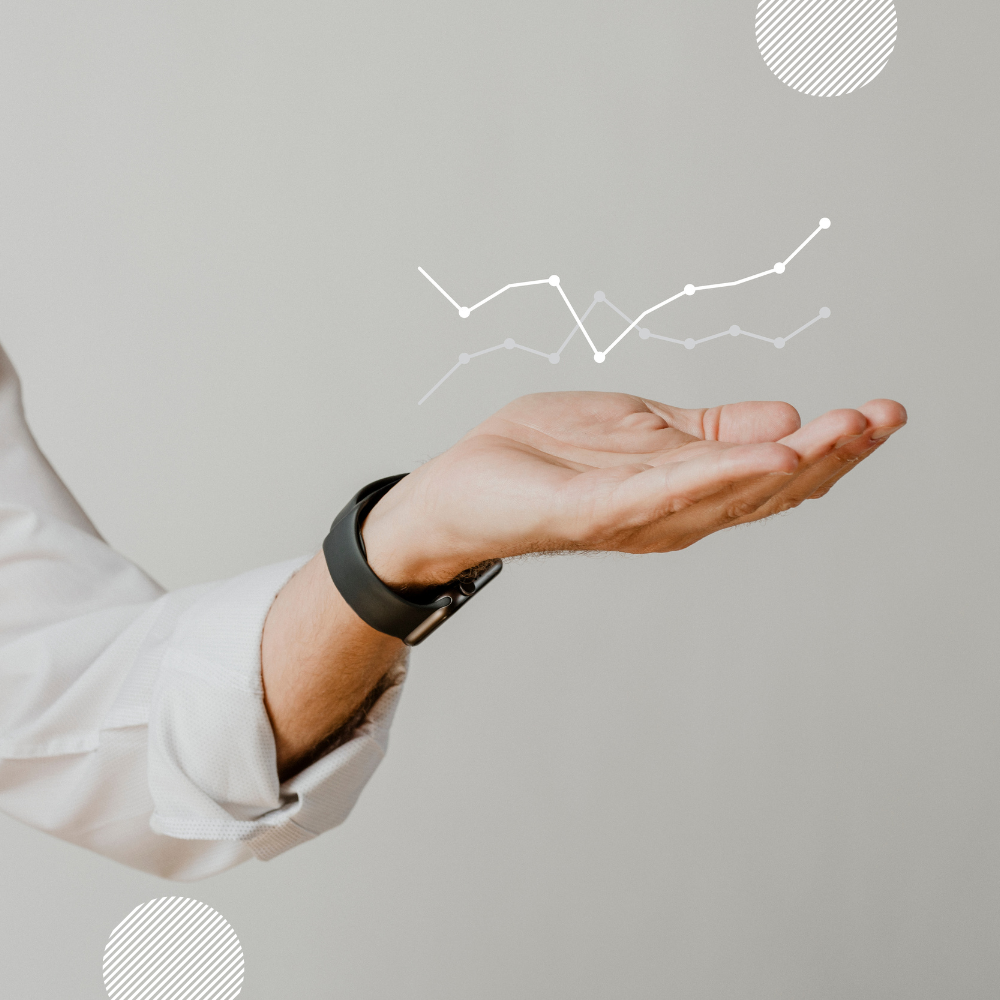
What role does activity play in BMI?
Some people naturally have a very low BMI. It was long thought that they were more physically active. In reality, they just seem to eat less and have a higher resting metabolism.
A new study involving experts from the University of Aberdeen looked at people with very low BMIs. The aim was to find out why these people are so thin and what role food intake, metabolism and activity level play in this. The results were published in the journal Cell Metabolism.
Participants had to answer questionnaires
A total of 173 people with a normal BMI (between 21.5 and 25) and 150 people with a BMI below 18.5 were recruited for the study. Using questionnaires, people with eating disorders, people who were intentionally hesitant to eat, and people with HIV infection were excluded.
In addition, people who lost weight in the last six months were excluded because this weight loss could possibly be due to an illness. The last group excluded were people who were taking medication.
The participants were under medical observation for a period of two weeks. The researchers report that food intake was measured using an isotope-based technique. The physical activity of the participants was measured with a motion detector based on the measurement of acceleration.
People with a very low BMI are significantly less active
Until now, experts often assumed that people with very low BMIs were more physically active than people with normal BMIs. However, the results of the new study show that people with extremely low BMIs are significantly less active than those with normal BMIs, the team said.
Participants with a very low BMI showed 29% lower activity compared to people with a normal BMI, the researchers explain.
Additionally, researchers found that people with very low BMIs ate less food than people with normal BMIs. Healthy, underweight people have been shown to consume twelve percent less food compared to the control group with a normal BMI.
Expectations were not confirmed
"We expected these people to be very active and to have high metabolic activity associated with high food intake," study author Professor John Speakman said in a press release.
"It turns out that something quite different is going on. They had lower food intake and activity levels, and a surprisingly higher than expected resting metabolic rate associated with elevated thyroid hormone levels.
Participants who were underweight had higher resting metabolism, including increased resting energy expenditure and increased thyroid activity, the researchers report.
Lean participants with good heart health
"Although these very thin people had low levels of activity, their markers of heart health, including cholesterol and blood pressure, were very good," said study author Sumei Hu.
"This suggests that low body fat may be more important than physical activity when it comes to downstream consequences," she adds.
Further research on this topic will look at food type, feelings of fullness, and genetic differences between normal-weight people and healthy, underweight people, the team reports.
Preliminary analyzes point to so-called single nucleotide polymorphisms in some genes that could play a role. When these genetic changes were replicated in mice, the animals exhibited some aspects of the phenotype seen in human participants, the experts said.
"The next step is to learn more about the phenotype itself and better understand the mechanisms that produce it," adds Professor Speakman. (as)
Author and source information
Show nowThis text corresponds to the specifications of the specialized medical literature, medical guidelines and current studies and has been verified by health professionals.
Sources:
Sumei Hu, Xueying Zhang, Marina Stamatiou, Catherine Hambly, Yumeng Huang, et al. : Higher Than Expected Resting Energy Expenditure and Lower Physical Activity in Healthy Chinese Adults Who Are Underweight; in: Cell Metabolism (published 07/14/2022), Cell MetabolismCell Press: People with a low BMI are not more active, they are just less hungry and “hotter” (published 07/14/2022) , Cell PressImportant note:
This article contains general advice only and should not be used for self-diagnosis or treatment. It cannot substitute a visit to the doctor.



